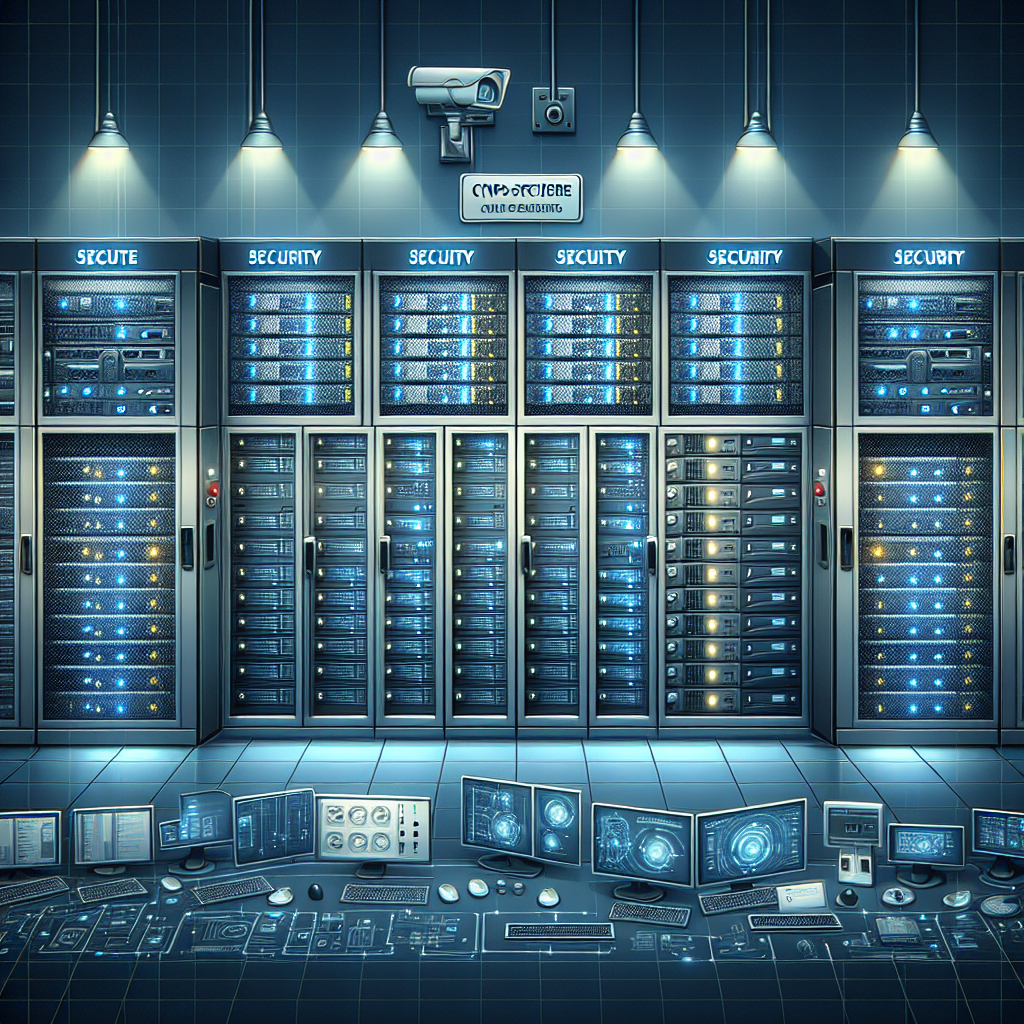Your cart is currently empty!
Protecting Your Assets: Essential Safety Measures for Data Centers

Data centers are critical infrastructure for many businesses, housing valuable data and equipment that are essential for operations. With the increasing threat of cyber attacks and natural disasters, it is more important than ever to implement strong safety measures to protect your assets and ensure business continuity. Here are some essential safety measures to consider for your data center:
1. Physical security: Data centers should have robust physical security measures in place to prevent unauthorized access. This can include perimeter fencing, access control systems, surveillance cameras, and security guards. Limiting access to only authorized personnel can help prevent theft or tampering with equipment.
2. Fire detection and suppression: Data centers are at risk of fire due to the large amount of electronic equipment and wiring present. Installing fire detection systems, such as smoke detectors and heat sensors, can help alert staff to potential fires early on. Additionally, having fire suppression systems, such as sprinklers or gas-based suppression systems, can help extinguish fires quickly and prevent damage to equipment.
3. Climate control: Data centers require precise temperature and humidity control to ensure optimal performance of equipment. Monitoring systems should be in place to alert staff of any deviations from the ideal conditions. Regular maintenance of heating, ventilation, and air conditioning (HVAC) systems is essential to prevent overheating and equipment failure.
4. Redundant power supply: Power outages can cause significant downtime and data loss in data centers. Implementing redundant power supplies, such as uninterruptible power supply (UPS) units and backup generators, can provide an additional layer of protection against power disruptions. Regular testing of backup power systems is crucial to ensure they are functioning properly.
5. Data backup and recovery: Regularly backing up data and having a robust data recovery plan in place is essential for protecting against data loss. Data centers should have secure backup systems in place, both on-site and off-site, to ensure that critical data can be recovered in the event of a disaster or cyber attack.
6. Disaster recovery planning: In addition to data backup and recovery, data centers should have a comprehensive disaster recovery plan in place. This plan should outline procedures for responding to various types of disasters, such as natural disasters, cyber attacks, or equipment failures. Regular testing and updating of the disaster recovery plan is essential to ensure its effectiveness.
By implementing these essential safety measures, data center operators can protect their assets and ensure the continued operation of critical infrastructure. Investing in security, fire detection, climate control, power redundancy, data backup, and disaster recovery planning can help mitigate risks and safeguard valuable data and equipment. Data centers are the backbone of many businesses, and protecting them should be a top priority.

Leave a Reply